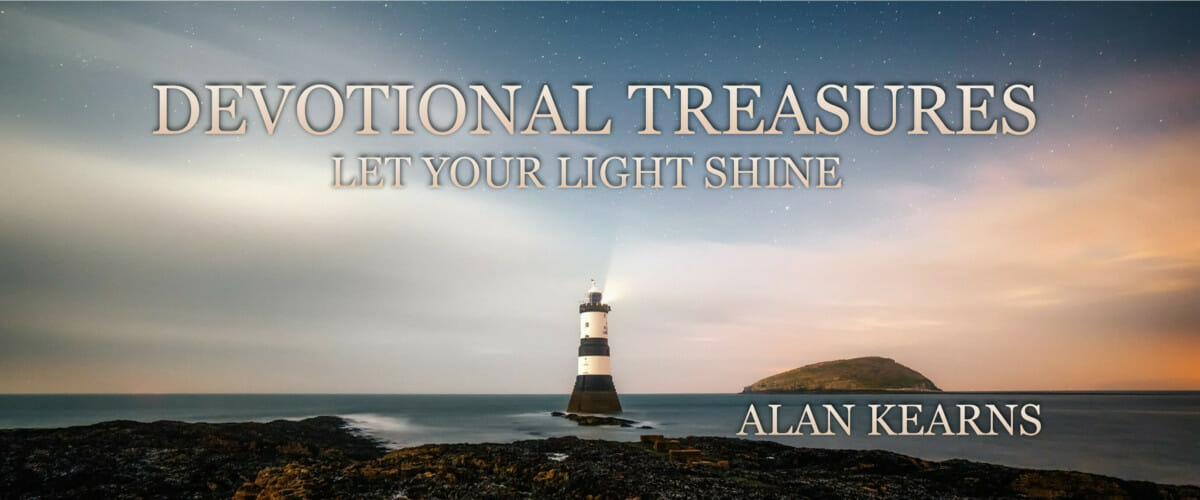On a largely subconscious level, we all find ourselves making a choice between two guiding paradigms – either we believe we must conform to reality . . . or we believe that reality should somehow conform to us. The reason that we don’t drag this choice out of our subconscious and ruminate it more explicitly – is because our perception of reality has convinced us that our take on reality is sufficiently accurate. But our perception of reality, by and large, remains in a perpetual oscillating state between our experience of what happens and what we think it should mean.
We interpret life in real-time, not as a cognitive exercise, but rather as our micro assessments of the state of reality. And for the most part, our confirmation bias assures us that what we’ve presupposed as true — is true . . . hardly ever stopping to ask – how did we ever come to such a presupposition? But this question is where what is held philosophically moves from the abstract to the consequential – this is where what we want to believe has to reconcile itself with the way things actually are. So even if you have no interest in philosophy . . . your philosophical beliefs are at work all the same.
It is at the most rudimentary level of reality we discover the ontological question: Does existence actually have meaning, or is it merely a pointless backdrop of happenstance where the actions of those who imagine meaning occurs? And it is in how we choose to answer this question (even if we don’t realize that’s the question we’re actually answering, in the way we choose to live our lives) that becomes a basic presuppositional building block of our philosophical beliefs. For the Christian, the idea of a meaningful, purposeful existence is essential to how we perceive reality.
Moses stands barefoot before a burning bush and asks a very practical question, to which he receives what seems an impractical answer. Moses wants to quantify God’s level of authority by knowing how powerful a being God is among other beings, and God answers this question regarding type of being by saying “I AM” – because God is not simply a being among beings. Thomas Aquinas describes God as ipsum esse subsistens (the act of being itself). In this way, the Christian confession of reality is that we exist in God and that apart from him, there is no existence. (Acts 17: 24-28)(Colossians 1:15-17)
So we stand barefoot with Moses in God’s presence, confessing that He exists in the infinite now, unbound by time and space, while creating time and space for our existence within Him. And to the extent that we embrace God’s existence, we find the meaning and purpose of our own existence – conversely, to the extent we ignore or otherwise attempt to deny God’s existence, we begin to disassemble our own existence within the illusion that we could somehow pronounce our own meaning and purpose out of thin air. No doubt, this is why St. Paul confesses in Philippians 1:21, “For me to live is Christ . . .” – May this be our confession as well.
. . . so let us walk barefoot through this world.




















[…] Open the full article on the kingdomwinds.com site […]